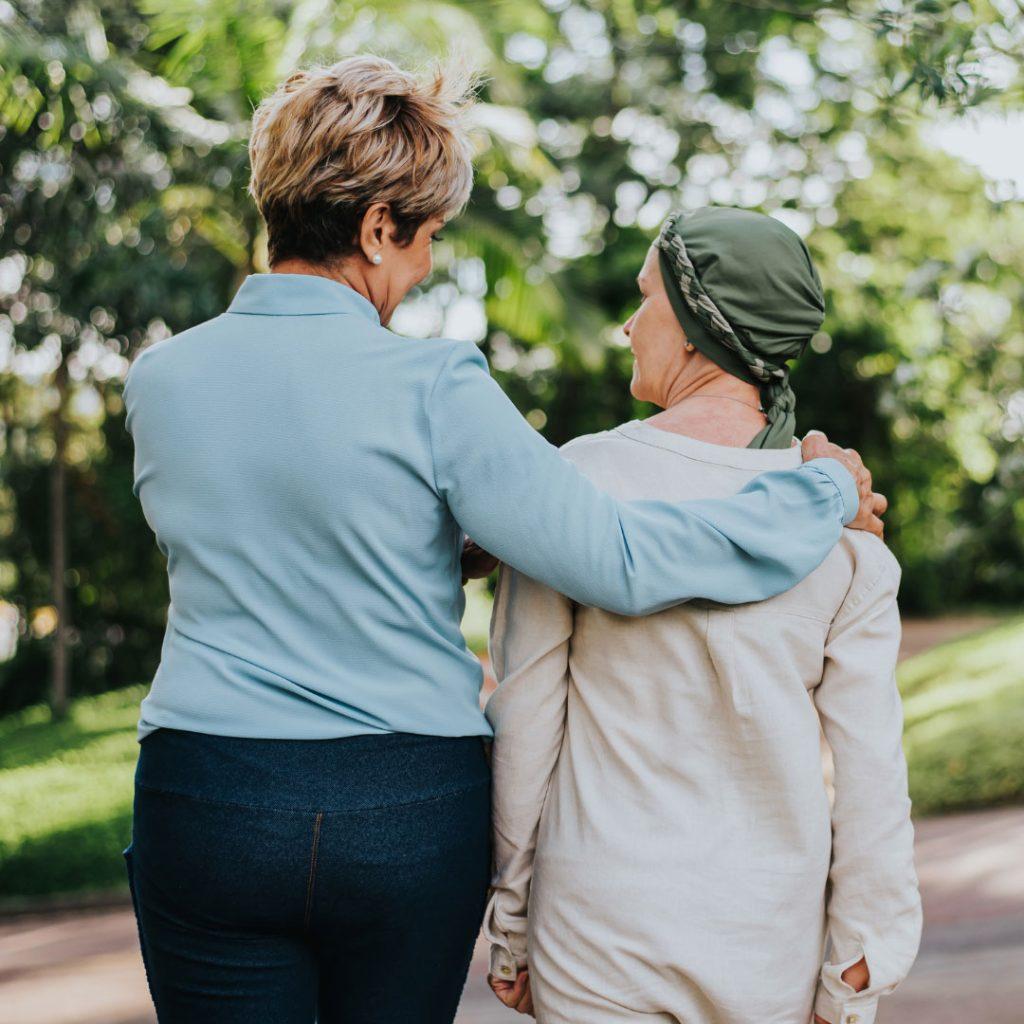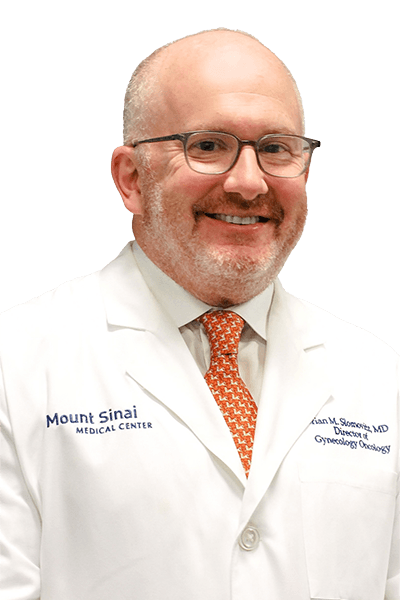The American Cancer Society records that in 2023, more than 66,000 cases of uterine cancer were diagnosed in the United States—a figure that has doubled since 1987. To address this alarming rise, medical centers across the United States are implementing innovative treatments, particularly for endometrial cancer. In adapting to these novelties, Mount Sinai Medical Center has been able to help patients tremendously.
One such individual is a 64-year-old patient known as M.P., who was diagnosed with Stage 1B endometrial cancer in May 2021. Years before starting a cancer journey of her own, she had already faced this disease when her husband lost his battle to leukemia in 2017. Four years later, with no symptoms in check, she had some spotting and decided to see her gynecologist. Having worked in healthcare 20 years, she was able to speak to a few physicians she knew about the issue and decided to have an ultrasound and a CT scan done. When something abnormal was discovered in her uterus, she made an appointment to visit a gynecologic oncologist, who confirmed that she had endometrial cancer.
It was then that M.P. decided to get a total hysterectomy in August 2021 and began chemotherapy shortly after. But, unfortunately, she experienced a recurrence in November the following year. As a result, the doctor managing her case suggested she go back on chemotherapy and then a few months later in March, she began an immunotherapy treatment known as Keytruda.
The therapy and medications were effective, as her physicians observed a reduction in the cancer. However, towards the end of November 2023, M.P. started experiencing severe bloating, which was later diagnosed as ascites—a byproduct of endometrial cancer that causes an abnormal buildup of malignant fluid in the abdomen. To address this condition, the doctors extracted about 3 liters of fluid with a needle. M.P. endured about four episodes of ascites and began to feel restless. This is when her physician referred her to Dr. Brian Slomovitz, the Director of Gynecologic Oncology at Mount Sinai Medical Center, who suggested she stop Keytruda and join a clinical trial that the hospital was currently administering to attack the malignant cells in the fluid.
Officially titled “A Phase 2 Multi-Center Open-Label Trial of Nab-Sirolimus,” this interventional clinical trial is a prospective multi-institutional study evaluating the effectiveness and safety of the FDA-approved treatment nab-Sirolimus, in combination with Letrozole, a medication that decreases the amount of estrogen the body produces. The trial is specifically for patients with advanced or recurrent endometrial cancer who have received 0-1 prior lines of chemotherapy in a recurrent/metastatic setting. Patients in the trial will receive an IV treatment on days 1 and 8 of a 21-day cycle, along with a daily dose of Letrozole.
Thanks to the remarkable work of the trial, M.P.’s ascites disappeared. Since the medication consists of a three-week cycle, M.P. would go into Mount Sinai for two Thursdays to get the infusion, then rest for one week, and start the cycle over again while taking Letrozole every day. She adds that Dr. Slomovitz and his team have given her hope and that she has experienced no side effects from the treatment.
“I really sometimes don’t even think I have cancer,” she exclaims. “There’s no pain. It’s just a regular infusion and my life is normal. I function at work and at home.”
While she was overwhelmed and scared at the beginning of the treatment, M.P. found confidence in Dr. Slomovitz’s abilities. In their meeting, he remained detailed and professional in explaining what the trial would involve and how it would help her case. She also noticed how efficient and timely Dr. Slomovitz and his team were.
“He explained everything to me, and it was so much information at one time,” she explains. “But I felt comfortable with him and his staff. I feel like Mount Sinai has been the best because I have an immediate response from my doctor and the whole team. Just knowing that every time I have a question, I either email Dr. Slomovitz and his team, and they answer right away.”
Dr. Slomovitz is excited to see where this trial is headed and hopes that more non-chemotherapy trials will be implemented in the future. Trials for women with recurrent treatment options are limited, and Dr. Slomovitz sees non-chemotherapy and biomarker-driven treatments as the solution. By participating in such trials, he explains that patients, like M.P., are much closer to achieving a cancer-free life.
“We are so excited about novel treatment strategies for the magnitude of this disease,” he says. “One of my goals is to come up with non-chemotherapy options for our patients. This trial represents this amazing opportunity.”
M.P. is currently embracing her journey with resilience and optimism with support from her two daughters and partner. By responding positively to the trial, she encourages other women going through a similar journey to stay hopeful and consider participating in a clinical trial if the opportunity arises.
“The C-word is very scary, but you have to feel comfortable with the people who are giving you care,” she says. “Make sure you find the right team. Make sure you don’t lose hope. And if it’s a trial, do it. You’ll be helping others. In my case right now, I’m very pleased with the results I’m seeing.”



